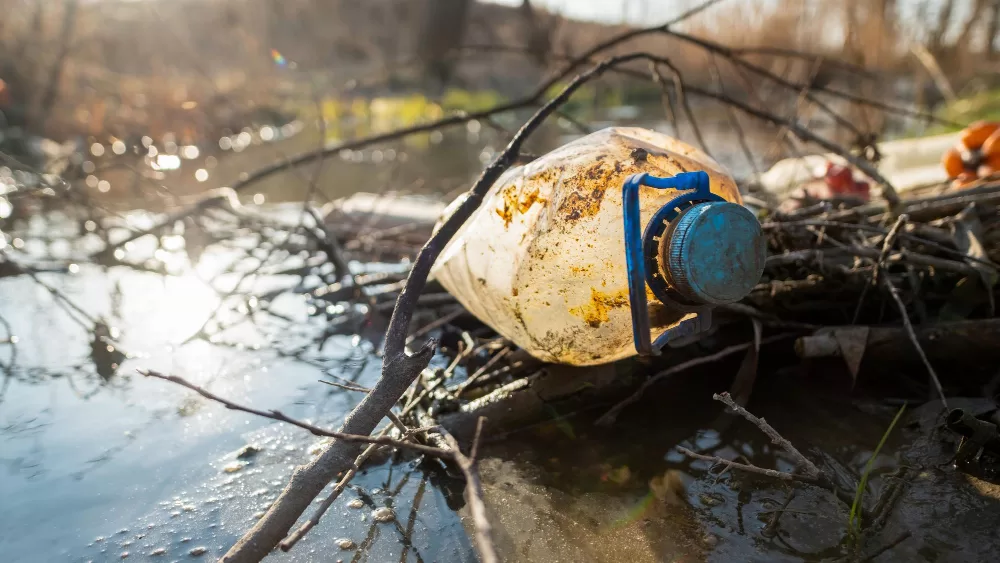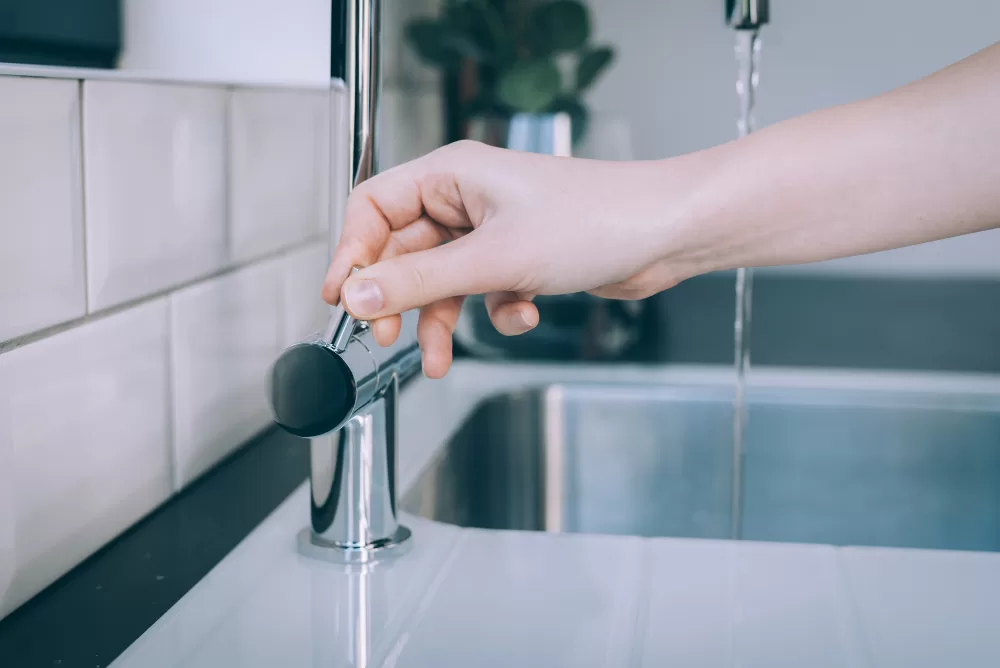The Marine Corps Base Camp Lejeune is a military training base in North Carolina. From the 1950s through the 1980s, the military personnel, civilians, and their families at CL were exposed to contaminants in the water.
Research has linked exposure to these contaminants to certain illnesses. The people who worked and lived at this military base who used contaminated water may have experienced health problems.
For decades, people who suspected the contaminated water at CL harmed them had few options. Victims had to go to the U.S. Department of Veterans Affairs (VA) to seek disability benefits. However, the VA denied many people’s claims.
However, victims now may be able to get justice, thanks to the Camp Lejeune Justice Act of 2022. This legislation allows veterans and their families to file a CL-contaminated water lawsuit to receive financial compensation for their pain and suffering or other damages.
When and where did the contamination occur?

The water at Camp Lejeune was contaminated between 1953 and 1985. The exact dates are not known. However, by February 1985, the most contaminated water wells were shut down.
Eight water treatment plants supplied water to the base. Three of them were found to be contaminated. Several things caused the contamination. These included leaking underground storage tanks, industrial spills, and waste disposal sites in the area.
These three contaminated water treatment plants provided water to most of the housing at CL. This means that most of the people at the military training base drank contaminated water during these years. As a result, as many as one million people may have been exposed to contaminated water at CL.
What contaminants were in the drinking water?
Several contaminants were found in the water at Camp Lejeune that residents used for drinking, bathing and other things. The contaminants included:
- Trichloroethylene (TCE): common in industrial solvents
- Perchloroethylene (PCE): commonly used in dry cleaning and wood processing
- Vinyl chloride: the product of degraded TCE or PCE
- Benzene: common in industrial solvents, gasoline, and paint
- Other compounds
TCE, benzene, and vinyl chloride are known to cause cancer, while PCE is known as a probable cancer cause. Exposure to these chemicals can also cause other illnesses.
The contamination levels may have been different at different times. However, the level of contamination was much higher than what is permitted by safety standards.

The exact levels of water contamination remain unknown.
What health issues were linked to the water contamination at Camp Lejeune?
Researchers have linked exposure to harmful contaminants in the water at military training base to health problems. Drinking the water could increase the risk of getting some cancers and other diseases. These include different types of cancer (Esophagel, Bladder, Kidney, Lung, and Breast cancer), Scleroderma, Non-Hodgkin’s lymphoma, Leukemia, Female infertility, Myelodysplastic syndromes, Hepatic steatosis, Miscarriage, Renal toxicity, etc.
Several factors may have impacted the risk of developing health issues. For example, the risk could be different based on the duration of exposure to contamination. This means people who were at CL longer are more likely to develop one or more of these illnesses.
The contamination levels could have been higher at certain times. If the contamination levels were higher, the risk of health issues might be higher too.
If mothers drank contaminated water while pregnant, the baby might have been exposed in utero. This may have caused a miscarriage. If the baby was born, they might have had birth defects.

The risk of birth defects may have been different based on the amount of exposure to the contaminants. It may have also depended on the mother’s stage of pregnancy.
I was affected by water pollution at Camp Lejeune. What should I do?
People that served at CL and their family members may be entitled to disability benefits from the US Department of Veterans Affairs (VA).
To qualify for VA disability benefits, you must:
- Be a veteran, guardsman, or reservist
- Have served at military training base or Marine Corps Air Station New River for 30 days or more between August 1953 and December 1987
- Did not receive a dishonorable discharge
Have documented proof of having one or more of the following:
- Cancer (Kidney, Liver, Bladder)
- Adult leukemia
- Aplastic anemia and other myelodysplastic syndromes
- Multiple myeloma
- Non-Hodgkin’s lymphoma
- Parkinson’s disease
Family members and children of military members that served at Camp Lejeune can also qualify for VA benefits.
Veterans and their families may receive payment for any out-of-pocket expenses they had to pay for any of the abovementioned illnesses or conditions. They can also receive other payments or medical care.
The water contamination at Camp Lejeune could have caused other health issues. However, the VA might not cover some health issues might not be covered. In addition, the amount the VA gives for medical expenses might not be enough.
The VA could have denied claims for health problems caused by the water contamination at CL. Some people may have been hurt by the contaminated water but didn’t meet the VA qualifications.

People may have experienced pain and suffering for other reasons. This would not be covered by the VA either.
Filing a Camp Lejeune contaminated water lawsuit
Thanks to the 2022 Camp Lejeune Justice Act, people hurt by the contaminated water at military training base can get justice. However, they must file claims with the Navy within two years of the passage of the act.
You may be eligible to receive compensation by filing a Camp Lejeune water lawsuit if you or your relatives:
- Between August 1953 and December 1987, they consumed polluted water for at least 30 days.
- Suffered from cancer or another health issue due to water contamination at CL.
Filing a Camp Lejeune contaminated water lawsuit may be confusing. Action Matters is here to help. If you belong to one of these two groups, you can get the compensation: you and your loved ones deserve. There is no cost to speak with us to find out how we can help with your Camp Lejeune water lawsuit. We encourage you to file a free claim form today.